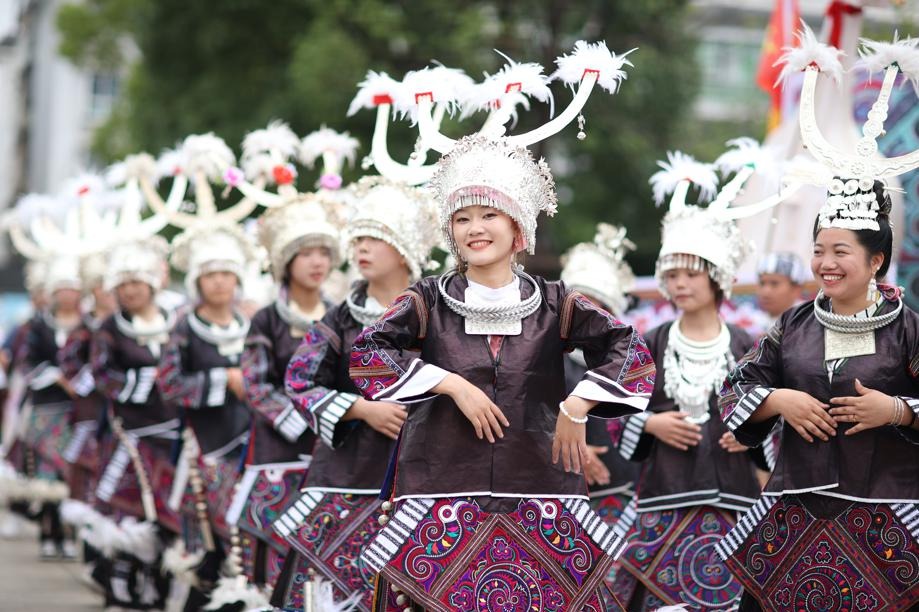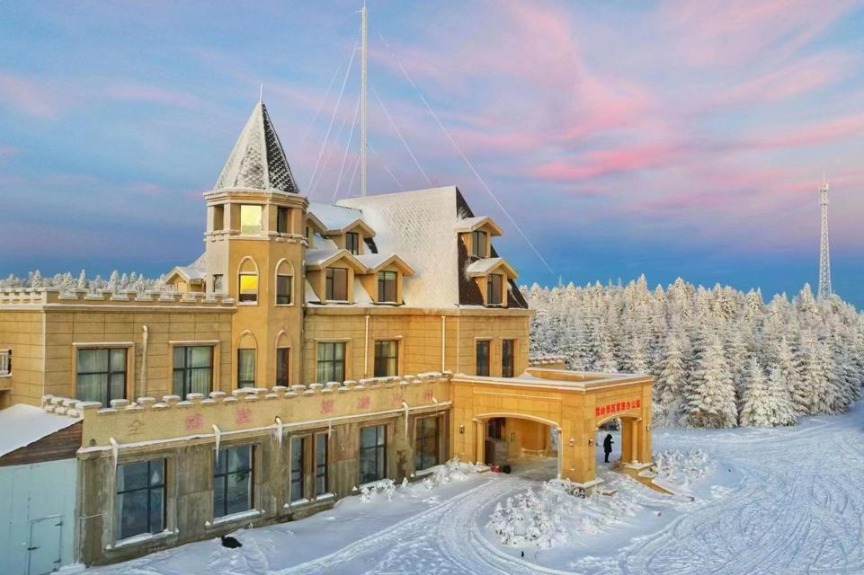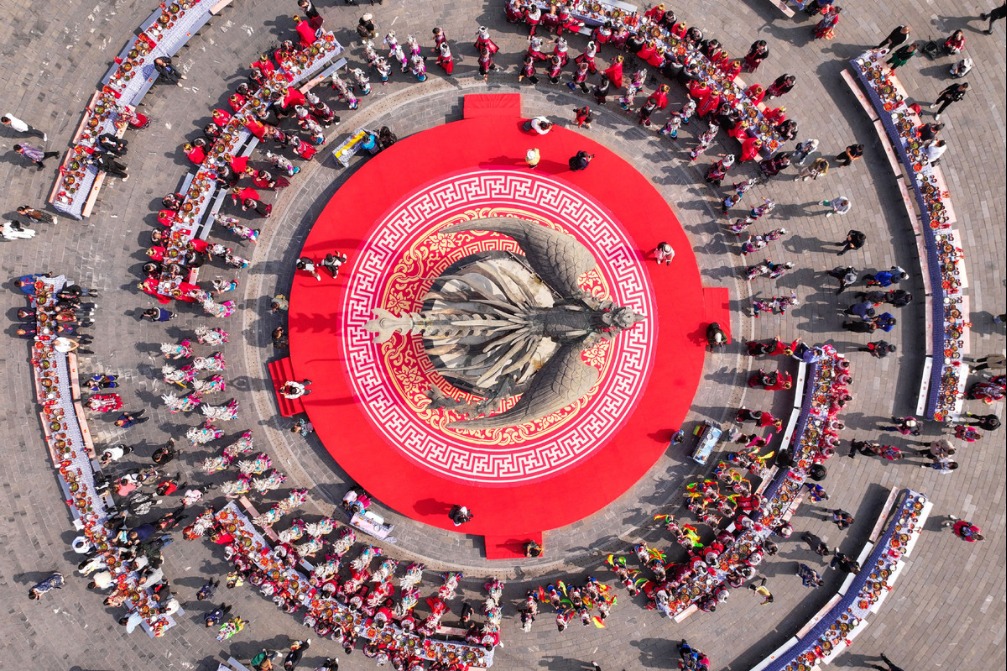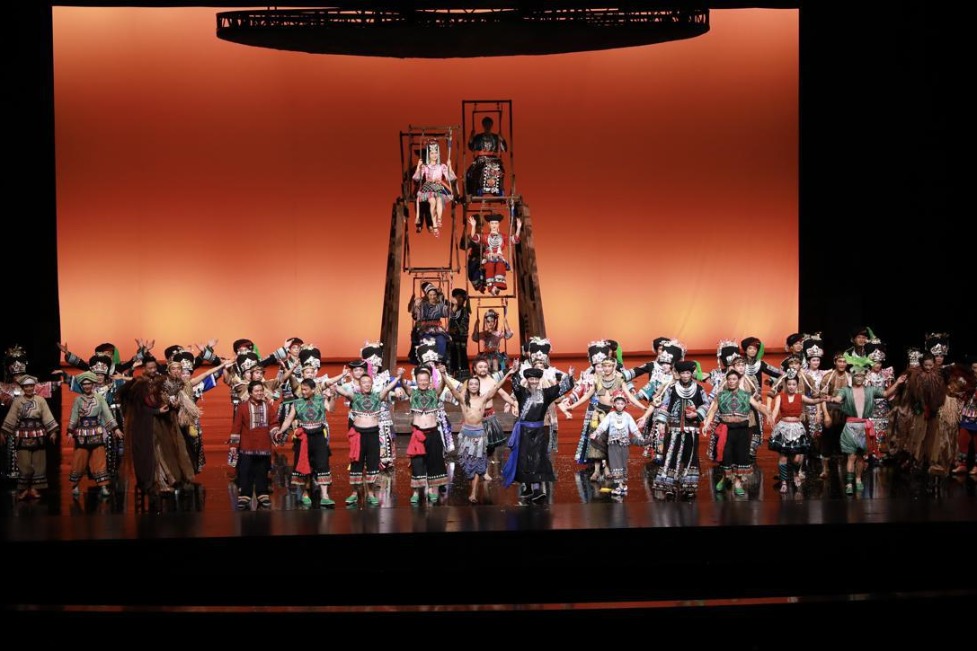All change: Moving on from the hutong

It wasn't long after I first set foot in China that I was introduced to the ephemeral delights of Beijing's hutong, circa 2016.
Having had no previous experience of these age-old alleyways, I knew not what to expect. Would they be like the "snickelways" of York, England, which I had explored in my youth, or something more akin to the winding passageways of Manama's old souk, in my former home of Bahrain?
Turns out it was neither. They were unique and I was enchanted - not only by the architecture, but also by the vibrancy of the assorted bars, restaurants, galleries and boutiques that called these lawless lanes their home.
And lawless they were, or so I was to learn later, when a program of renovations and crackdowns on illegal structures began in earnest this year.

But I didn't know that at the time. Coming to the city with fresh eyes, and only some small knowledge of its history, I simply assumed this was the way the hutong had always been.
Well, maybe not always-I had supposed those establishments owned or run by foreigners were newer additions. The nature of the business being conducted must surely have changed over time, too. But nothing that my naive gaze fell upon lead me to believe that this part of the city's heart had, at least in recent memory, been anything but the diverse mishmash of culture and merriment that was laid out before me.
I realize now I did myself a disservice in those early days in this ancient city by not exploring more of what the hutong had to offer and better patronizing those places I had found and begun to love.
For it turned out that a profound change was on the horizon, one that - if the city's English-language lifestyle magazines are to be believed - was met with no small amount of shock and sorrow, especially among the expatriate community.
I, too, felt a kind of despondency, as I watched many of my favorite new haunts torn down or bricked up. Some were shuttered, others relocated, and a few have managed to carry on, for now.
Change, of course, is inevitable. Like living entities, all cities change. No big city is immune to it, and Beijing is bigger than most.
What makes this change different, though, is that it isn't really a change at all. It's more of a reversion. As an unnamed official was quoted as saying in May, the renovations are meant to "recover the original appearance of the hutong", described as "an integral part of the capital's traditional culture".
As a foreigner in a foreign land, I feel I'm in no position to pass comment. I can merely bear witness to the renovations' effects.
And though I was saddened by their passing, I'm just glad I experienced the magic of those haphazard hutong hangouts, before they were lost to time.
Contact the writer at gregory@chinadaily.com.cn
(China Daily 09/06/2017 page2)
- Shenzhou XIX crew receive delivery from Earth
- Chinese scientists find new method to sweeten tomatoes
- Chinese Academy of Social Sciences opens 2 key laboratories
- One day as a Shanghainese: Swiss teens' dive into local life
- Sangzhi building fire kills seven
- Wuzhou's Qilou Block draws crowds after renovations of iconic arcade buildings




































